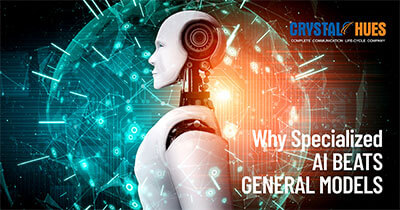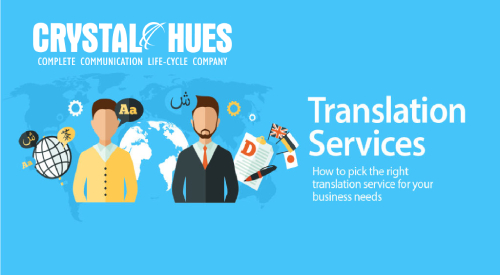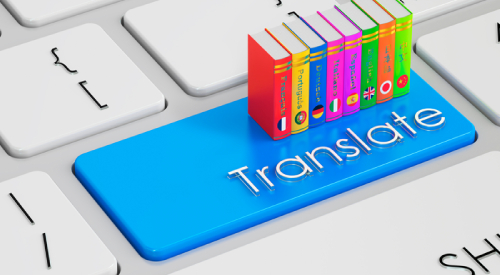
Domain-Specific AI: The Competitive Edge Over General Models
AI is everywhere. From writing essays to planning your next vacation, you’ll find a tool for everything. And these general models are impressive, no doubt. They know a little bit about almost everything. But when it comes to your business, “a little bit” often isn’t enough. That’s where domain-specific AI assistants come in, and the difference is night and day.
Think of it like this: If your car breaks down, you don’t take it to a general handyman. You go to a mechanic who knows engines inside-out. It’s the same with AI. General models are the handymen. And domain-specific assistants are the mechanics.
Why General AI Models Fall Short for Business Use
General AI models are trained on the internet. That means they’re great at giving broad answers, summarizing information, or brainstorming ideas. But businesses don’t run on broad answers. They run on details, accuracy, and rules that can’t be bent.
Ask a general model to draft a customer email? No problem. Ask it to navigate healthcare billing codes, bank regulations, or supply chain planning? That’s where cracks start to show.
AI models hallucinate. They can give you something that looks right, but under the surface it could be wrong. And in business, “looks right” is often worse than “wrong.” This is where domain specific AI comes into the picture.
How Domain-Specific AI Outperforms General AI?
Domain-specific AI assistants are tuned for one job. They’re built with industry data, trained in real processes, and designed to understand the quirks that make your work what it is.
They don’t just know the dictionary definition of a term; they know what it means in practice.
Here’s what that looks like:
- They understand the jargon and shorthand your team actually uses.
- They work with your regulations, not around them.
- They don’t waste time relearning the same context. You get answers that are ready to act on.
Now, let’s make this concrete with some examples.
Industry Use Cases: How Specialized AI Drives Real Results
AI in Healthcare: Accuracy over Guesswork
General AI can explain what an MRI is or summarize medical research. But a hospital doesn’t need generic summaries. They need help processing insurance claims, coding treatments, and keeping records accurate.
A domain-specific healthcare assistant can:
- Spot mismatches in patient billing codes before they trigger costly claim rejections.
- Guide staff through ever-changing insurance policies.
- Flag compliance issues in medical records to reduce audit risks.
You won’t just save time. You’ll save money and protect patient trust.
Example: Med-PaLM 2 by Google DeepMind.
AI in Finance: Precision with No Room for Error
Finance is an industry where “close enough” is unacceptable. A general model might explain the basics of interest rates, but it won’t catch subtle compliance rules or understand the fine print of regional tax law.
A finance-focused AI can:
- Draft reports that meet regulatory standards.
- Detect anomalies in transaction data that might signal fraud.
- Help wealth managers model scenarios with tax implications baked in.
This isn’t about replacing analysts. It’s about giving them a sharper tool so they can move faster without sacrificing accuracy.
Example: BloombergGPT.
AI in Retail and E-Commerce: From Generic to Personal
Retail companies are swimming in product data, customer preferences, and regional rules. A general AI can help write product descriptions, but it won’t know that a tax code in one state means you can’t bundle certain items in a promotion.
A retail-specific assistant can:
- Auto-categorize products while keeping tax rules in mind.
- Personalize promotions by analyzing actual purchase history instead of surface-level trends.
- Forecast inventory needs using local sales cycles, not just generic demand models.
That’s the difference between a nice-looking output and real business impact.
Example: Shopify Magic.
AI in Manufacturing and Logistics: Complexity Made Simple
General AI might be able to explain supply chain theory. But your factory or warehouse doesn’t run on theory. It runs on schedules, costs, and very real constraints.
A logistics-specific AI can:
- Optimize routes by balancing fuel cost, weather, and delivery commitments.
- Predict bottlenecks in production based on current throughput.
- Automate compliance checks for international shipping paperwork.
In industries where delays cost millions, you need to adopt AI to stay ahead in the game.
Example: Siemens Industrial AI.
Why Can’t Your Business Ignore Domain-Specific AI?
Almost every company right now is dabbling in AI. The real question is, are you settling for generic tools? Or are you pushing for specialized ones?
A general model can help with surface-level tasks, but the real edge comes from assistants that are built for your world.
And here’s the thing: this edge compounds. Once a domain-specific AI learns your processes, your language, and your rules, it doesn’t just keep pace. It gets sharper with use. Meanwhile, competitors who stick with general models will always be catching up.
So, the decision isn’t whether AI belongs in your business. It’s whether you want a handyman or a specialist by your side.
You have reached the end. Thank you for reading our blog. We hope you found it informative and useful. For more such content on to help you stay informed on AI and our language services, you can check out our blog page here.
If you have any feedback or suggestions on what you’d like for us to cover or how we can make our blogs more useful, you can reach us through our LinkedIn inbox or email us at digital@crystalhues.in.



